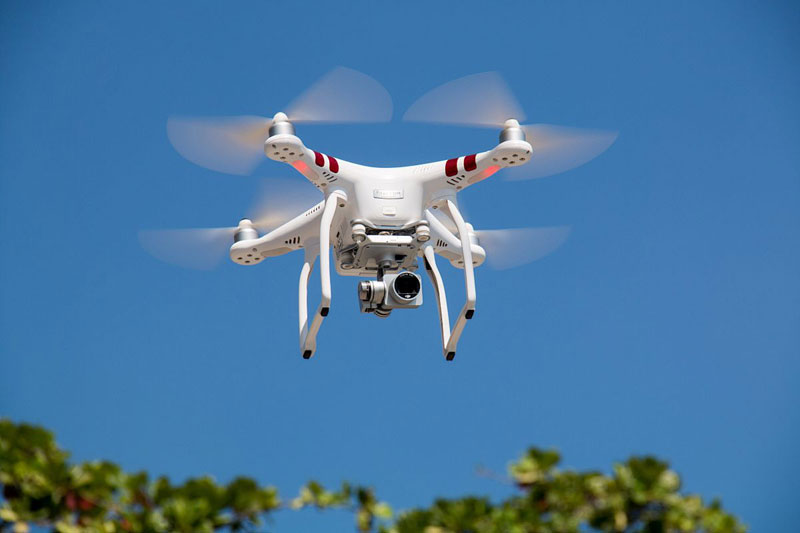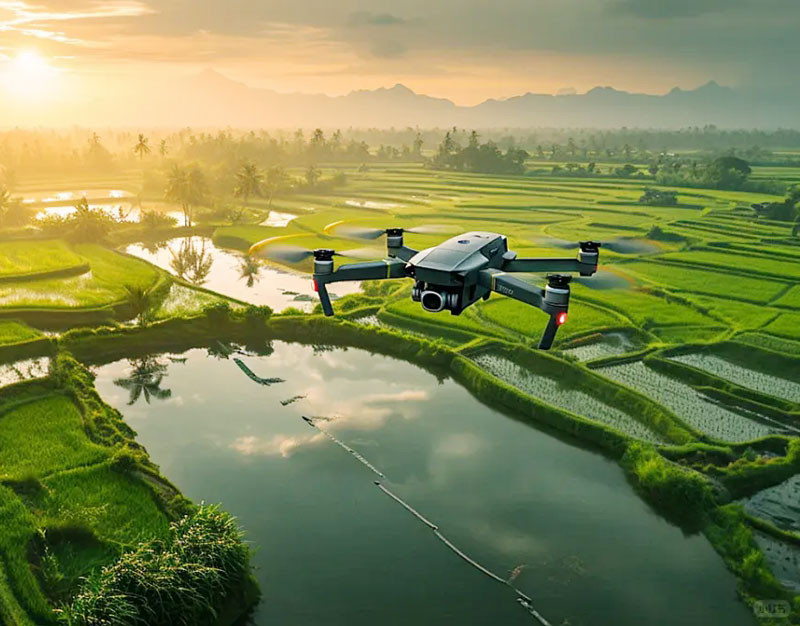The city of Moscow has always been a hub of innovation and modernity. With its sprawling urban landscape and notable historical landmarks, it provides a unique backdrop for technological advancements such as drones. The drones in Moscow have steadily been weaving into the fabric of the city, offering new perspectives and capabilities in various sectors. This intricate blend of technology and tradition presents both opportunities and challenges that are worth exploring in detail.


The Rise of Drone Technology
Drones, also known as unmanned aerial vehicles (UAVs), have revolutionized several industries worldwide. In Moscow, they are being leveraged for a multitude of purposes, such as aerial photography, real estate marketing, infrastructure inspection, and even agriculture. However, urban areas pose their own unique set of challenges—from navigating around skyscrapers to ensuring the safety and privacy of residents.
Applications of Drones in Urban Settings
Moscow’s dynamic urban environment is a fitting stage for the deployment of drone technology. Real estate developers utilize drones to capture expansive and precise aerial views of properties, showcasing them to prospective buyers with unprecedented clarity. These aerial insights allow investors to make better-informed decisions, propelling growth within the real estate market.
Enhancing Public Safety
Moreover, drones are used to enhance public safety in Moscow. Law enforcement and security agencies employ UAVs for crowd monitoring during events, enabling rapid response to incidents while minimizing risks to personnel. By providing an aerial viewpoint, drones facilitate efficient monitoring strategies that would otherwise be impossible or require significant manpower.
The Challenges of Integration
Despite the obvious benefits, the integration of drones into Moscow’s landscape is not without its challenges. One major concern is the regulatory framework. Ensuring the safety and privacy of citizens while permitting the growth of drone usage requires a delicate balance. Regulators are tasked with devising laws that govern the airspace, set operational limits, and establish accountability for incidents.
Privacy and Ethical Considerations
The privacy implications of drones cannot be overlooked. With UAVs capable of capturing detailed imagery from above, concerns arise around potential surveillance and data misuse. Moscow’s city planners and policymakers are actively working to address these issues, aiming to implement solutions that protect personal privacy and promote the responsible use of this technology.
Maintenance and Infrastructure
Infrastructure compatibility is another practical consideration. Maintaining drones and ensuring they are equipped with the latest technology for seamless operation across the city requires investment in new infrastructure. Charging stations, control centers, and repair facilities are becoming increasingly crucial as drone usage escalates.
Future Prospects
Looking ahead, drones could transform how Moscow tackles urban challenges. With advancements in AI and automation, drones are poised to offer more sophisticated functionalities like smart delivery systems or automated inspections. These innovations hold the potential to boost efficiency across multiple sectors, from logistics to emergency services, thus enhancing the quality of urban life.
As drone technology evolves, Moscow remains at the forefront, adapting to these changes while preserving its historical and cultural essence. This dynamic balance between past and future encapsulates the essence of this vibrant city.
FAQs
How are drones regulated in Moscow?
The regulation of drones in Moscow involves both federal aviation laws and city-specific ordinances. These regulations are designed to ensure safe and responsible operation, with guidelines on flight paths, allowable altitude, and privacy considerations.
Can drones impact weather monitoring in Moscow?

Yes, drones have the potential to enhance weather monitoring capabilities. Equipped with sensors, they can gather data on atmospheric conditions at various altitudes, improving predictive accuracy and aiding in climate research.
What is the future of drones in urban logistics?
The future of drones in urban logistics looks promising, with potential applications in parcel delivery and medical supply transport. These developments could lead to faster, more efficient service delivery, although they require careful regulation and infrastructure investment.
